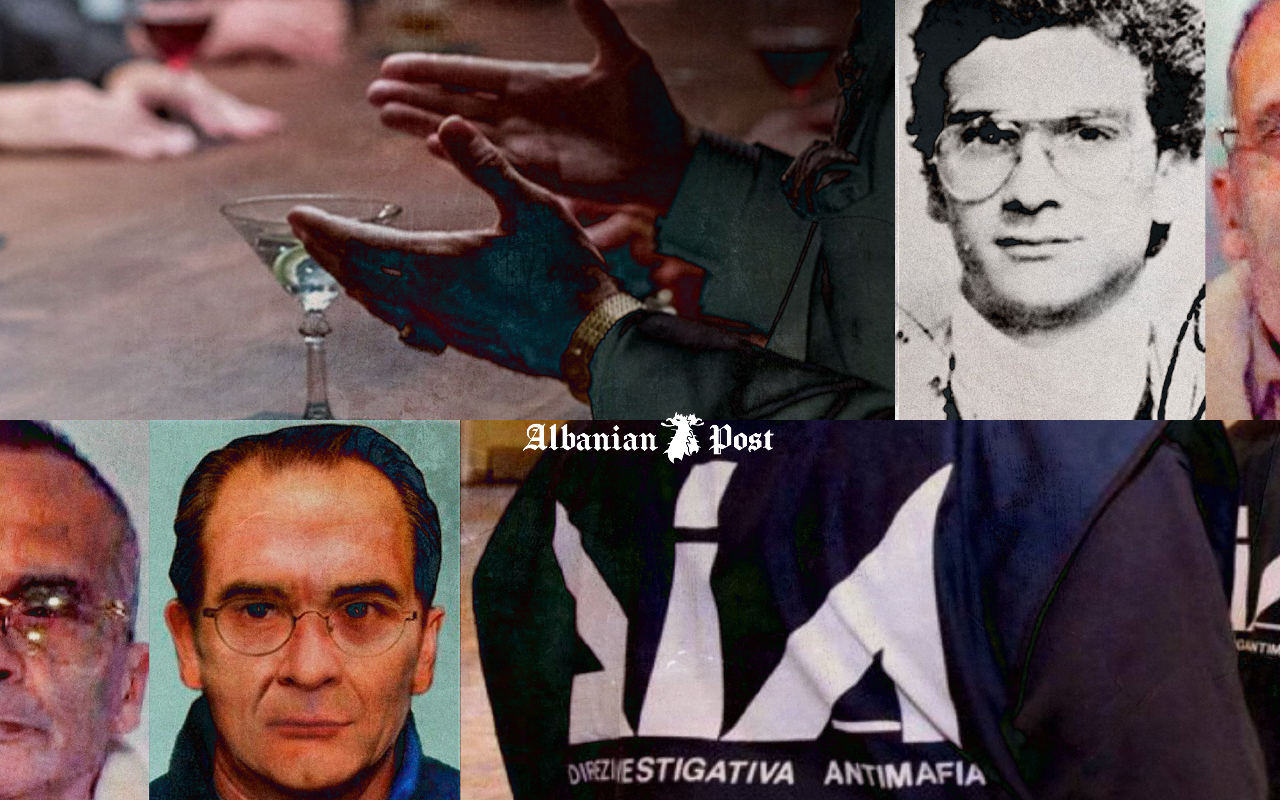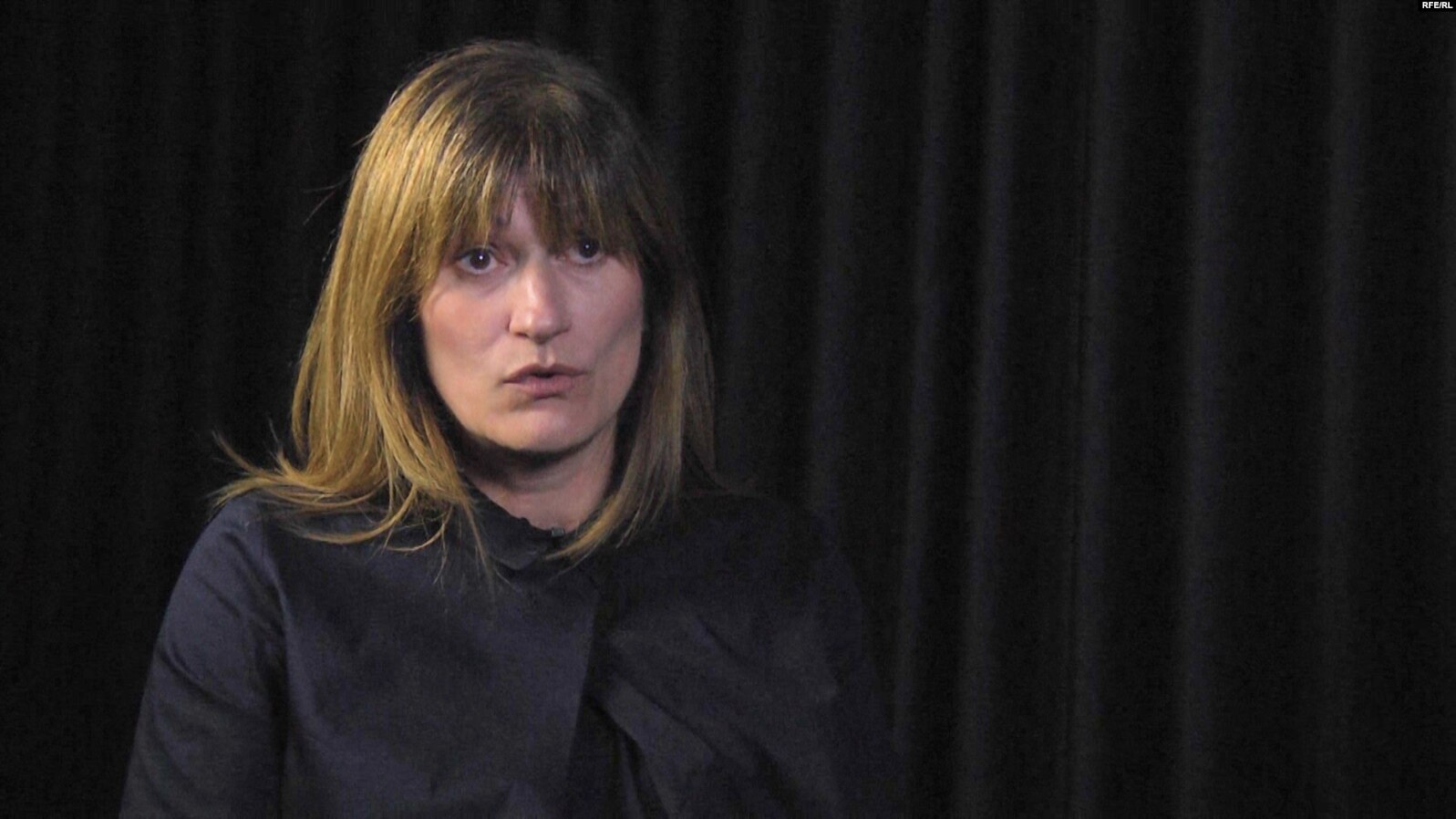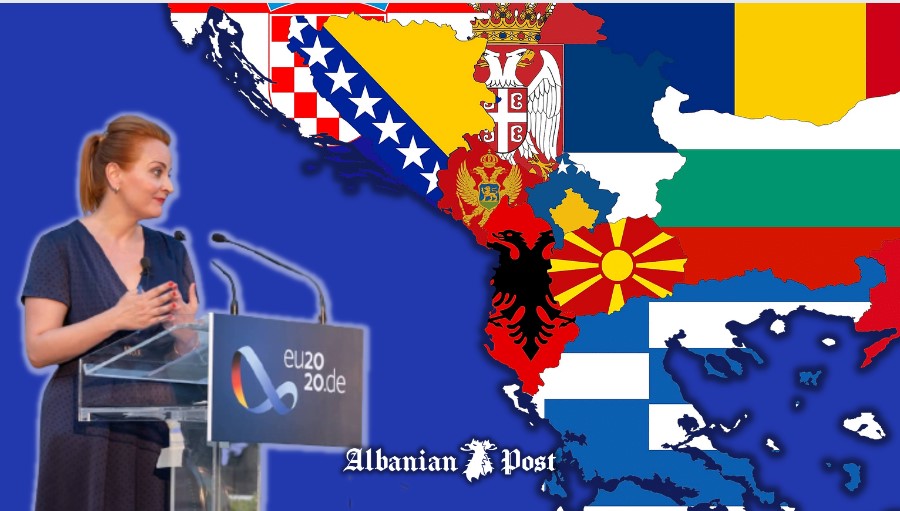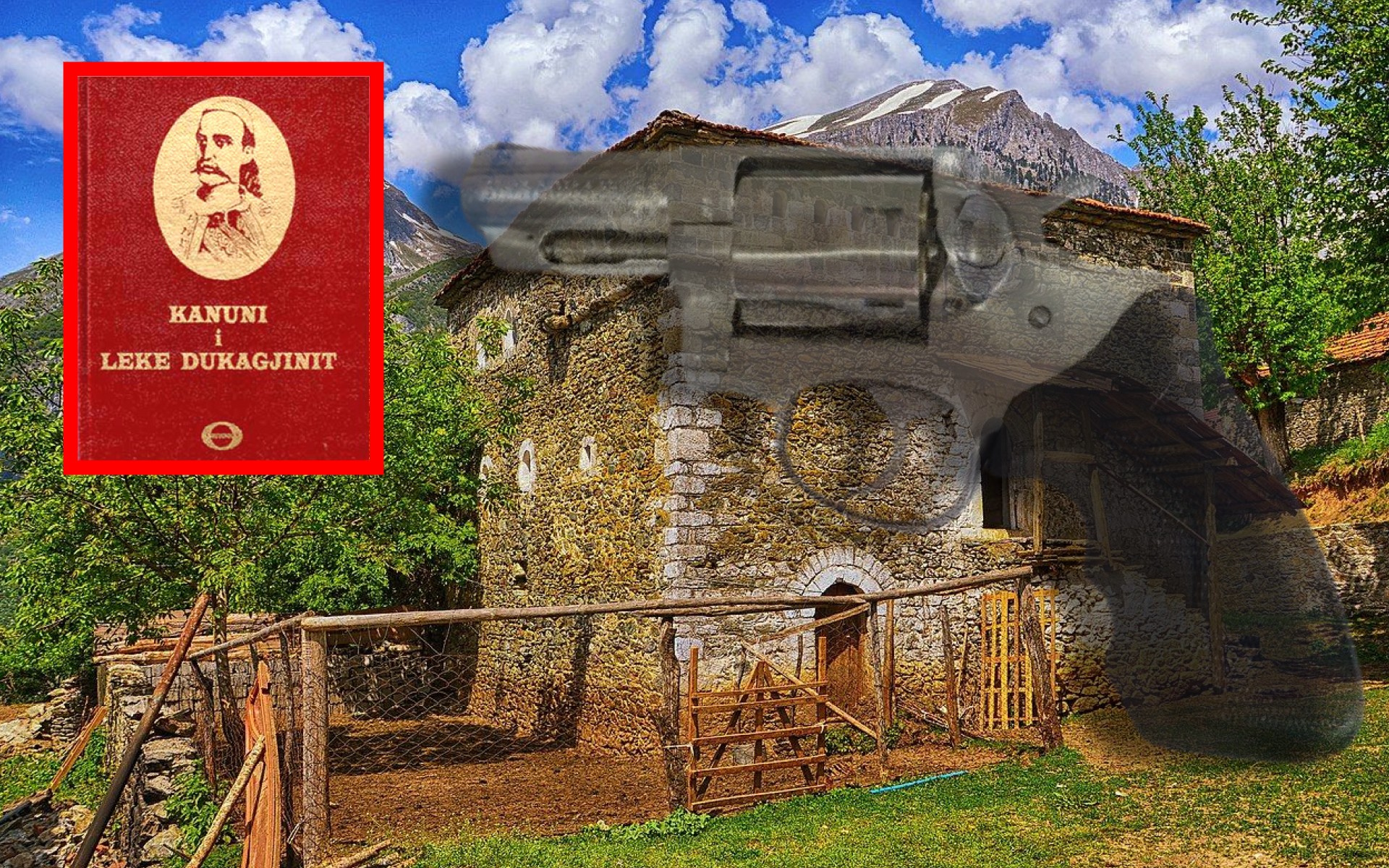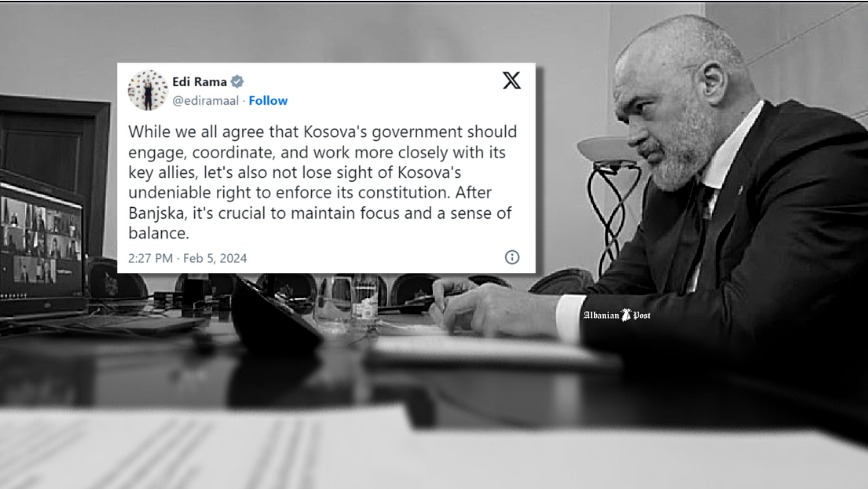
Summarized in one sentence, Edi Rama yesterday said that it is one thing to have disagreements and clashes about Albin Kurti’s operational methodology, and it is completely another thing to direct the bill of this clash to Kosovo and its people.
If someone were to ask for a second short explanatory sentence, then I would add that Edi Rama said yesterday, that while it is true that I have fundamental differences with Albin, regarding the vision of how to move forward, however, do not forget that, in at the end of the day, I am with Kosovo.
Next, I need to get into the interpretation of how foreign embassies in Kosovo and other offices should read this tweet.
And finally, a small interpretation about the opposition in Kosovo.
Foreign diplomats accredited in Kosovo, as well as Brussels, should be careful with the use of some settings, which are very problematic, and which both Kosovo and Albania cannot accept.
The first is the term “Serbia run institutions”, a term recently introduced to international discourse.
The term “Serbia run institutions” is a term imposed by Serbian lobbyists and which, in its essence, has the thesis that Kosovo is not exactly a State.
How does it happen that the parallel municipality of Peja, or Prizren, is now so freely called “Serbia run institutions”, it is almost completely normal for a State to have its own presence in the territory of another State?
And, most importantly, why don’t foreign diplomats call them by the name they have, i.e. parallel structures, illegal structures that had to be dismantled since 1999.
Albania cannot agree with the relativization of these basic notions, because behind them the door opens for challenging the State of Kosovo itself.
The second is the claim that the issue of parallel structures, or as they say recently “Serbia run institutions” should be resolved in Brussels.
As far as we all know, and as far as Edi Rama is personally involved, the issue of managing schools and health institutions funded by Serbia must be resolved in Brussels.
No one in Tirana knew that Brussels wanted to discuss the parallel municipality of Peja, or the parallel municipality of Prizren.
No, even though official Tirana is tolerant and liberal, such a thing does not pass.
The third is the claim that the issue of parallel structures should be resolved through the Association.
A small reminder: Prime Minister Rama is committed to Kosovo fulfilling its obligation to establish the Association, but as far as official Tirana knows, this Association is called the Association of municipalities with a Serbian majority.
Prime Minister Rama finds it very difficult to understand how this Association has any connection with the parallel municipality of Peja or Prizren, settlements with an overwhelming Albanian majority?
The fourth is the threat that disagreements with the Government of Kosovo may bring consequences for Kosovo.
Before Banjska, as painful as it was, official Tirana accepted the sanctioning of Kosovo, and, despite the pain it caused, aligned itself with the international community.
But, after Banjska on September 24, 2023, after the almost military invasion by Serbia on the night between September 29 and 30, 2023, after the failure of the international community to call the aggression by its name, no one has the right to disagree with The Government of Kosovo to invoice Kosovo.
Kosovo is simply not a bonjak that can be trampled on, it is almost nothing, or half a thing.
The fifth is the asymmetry in commitment to the basic agreement.
Prime Minister Rama does not at all agree with the symbolism of signing the agreement, which Prime Minister Kurti insists on, but this does not mean that both sides, Serbia and Kosovo, should not demonstrate an equal commitment to the agreement.
If Kosovo, for the sake of strategic partnership, with the full support of Albania, has agreed on the transitional solution, with the Association inside and without mutual recognition at the center, who is Serbia to so freely take a letter to Brussels with the declaration that it does not implement the agreement in its entirety?
The time has come for some common sense and balance.
The sixth is the concern that there may be elements within the international community who take the constructiveness of the Albanians for granted.
Albania is the only country that is fully committed to the integrity and stability of neighboring countries.
In the official, but also unofficial, politics of Albania, there is not even an iota of element that can serve as food for paranoia about greater Albania.
Prime Minister Rama has gone so far that, in the name of the will for reconciliation, he not only became part of the Open Balkans without hesitation, but also defended Serbia at the time when it was facing more serious attacks.
And how has this been rewarded? With Banjska, with the purchase of drones from Iran, with the purchase of missiles from China and Russia.
What is Serbia arming for? Who do you want to use these drones and missiles against? Albania is and will be constructive, but the time has come for others to do their part.
And now a brief explanatory interpretation of the opposition in Kosovo.
The opposition must clearly decide where it stands in terms of the dialogue and the obligations that Kosovo has.
We simply do not have time for hypocritical calculations.
Last from the rubric
-
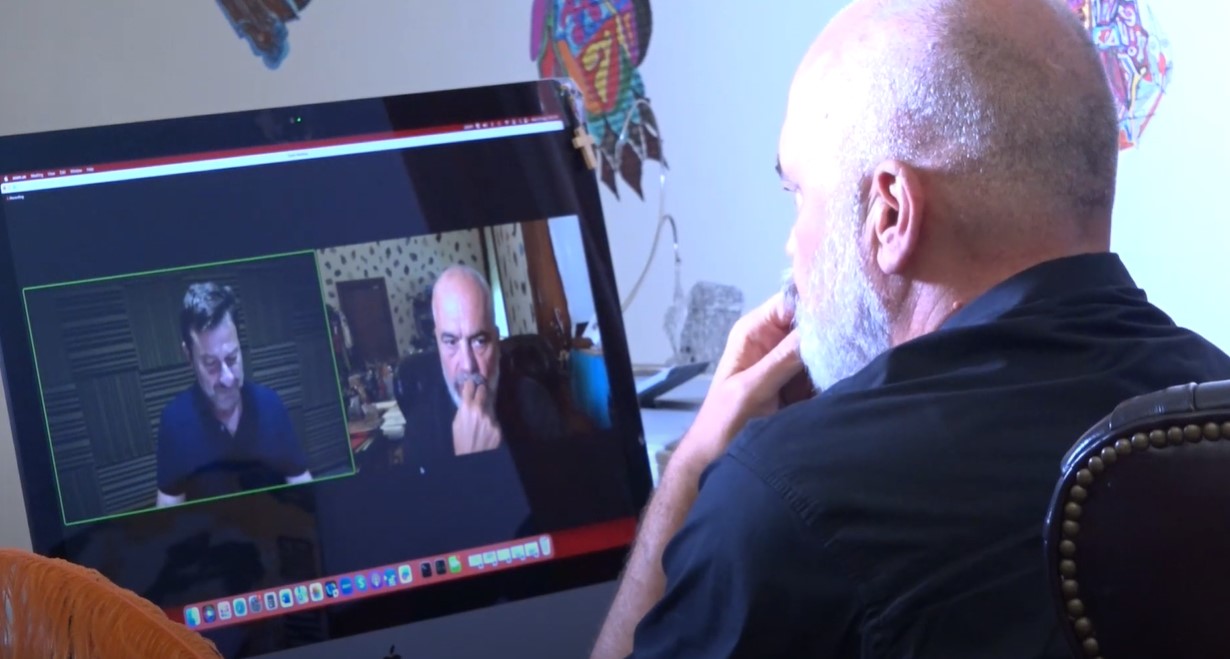
Rama confesses everything he knows about the Beleri case and shows the ‘fate’ he will have, in the exclusive for Kathimerini
-
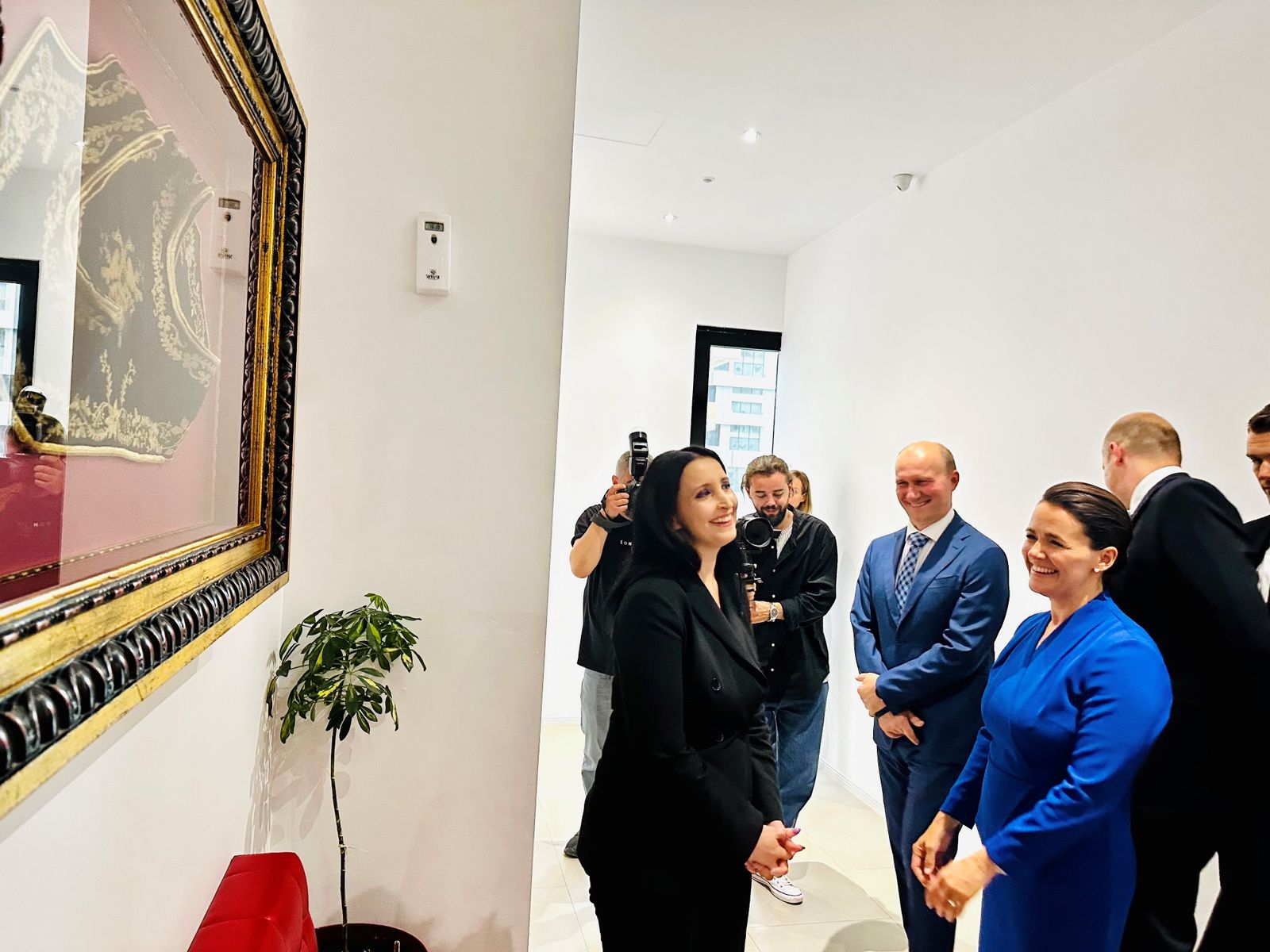
ONE Albania welcomes the President of Hungary, on a courtesy visit to the company headquarters in Tirana
-

“History will record that the KLA and the United States were partners in preventing a genocide,” exclusive interview with James Rubin
-
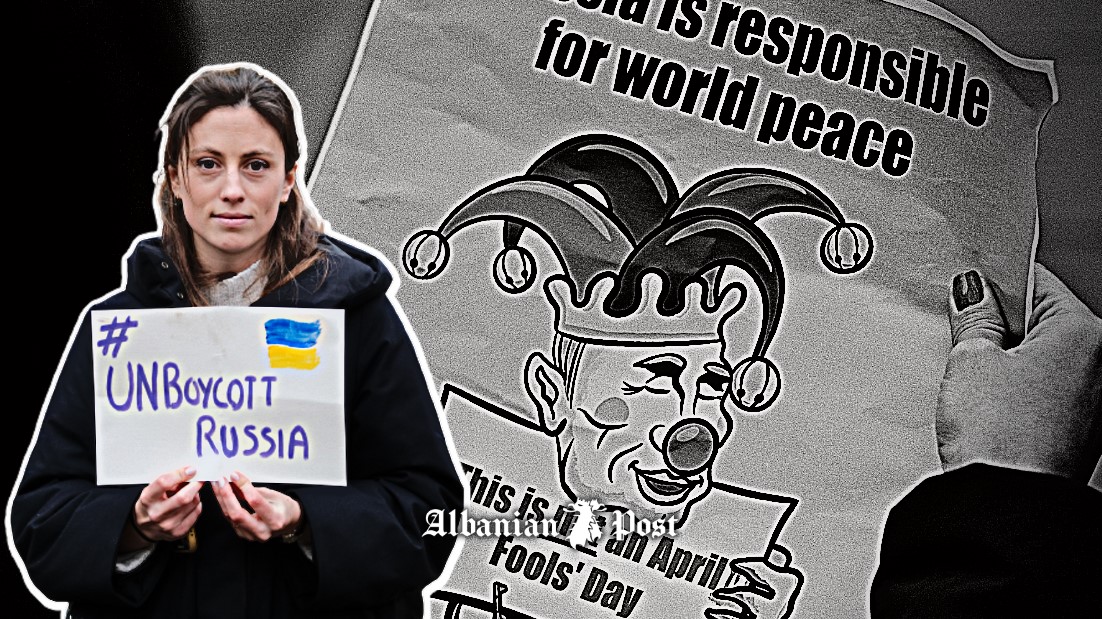
Boycotting Russia, in a UN that is losing credibility – Albanian Post interview with activist Colombe Cahen-Salvador
